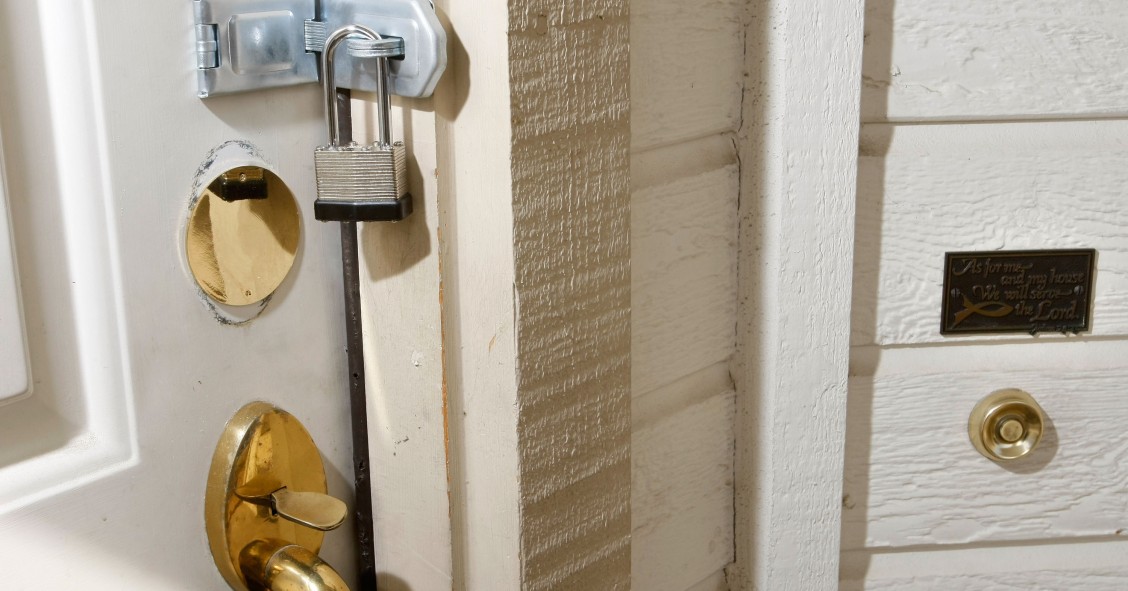
A family in Girona believed they had finally ended the ordeal of seeing their home illegally occupied. After months of helplessness, they used their own keys to reclaim what was rightfully theirs. But their relief lasted only a few days: a court ordered them to return the property to the squatters, ruling that the repossession had been carried out without judicial authorisation. The case has reignited debate over the legal complexities and perceived absurdities surrounding squatting in Spain.
The incident took place in mid-summer. Frustrated by months of waiting for a court ruling, the owners entered the property to reclaim their home and resume living there. They did not force any locks or use violence – simply using their original keys, they regained possession of the house.
What seemed like a resolution lasted only a few days. The squatters filed a complaint, claiming they had been illegally evicted. To the family’s shock, the Girona court ruled in favour of the occupiers. Police subsequently arrived and compelled the owners to leave, returning possession to those who had been squatting.
The legal rationale rests on the concept of “continuous possession,” which grants occupants certain protections against direct eviction. In other words, even when ownership is undisputed, the courts maintain that the only legitimate way to reclaim a property is through a full judicial process, which can take months or even years.
Such cases have sparked outrage among neighbours and homeowners’ associations, who argue that Spanish law ultimately safeguards squatters more than property owners. For many affected families, the current system leaves them powerless, forcing them to endure lengthy and costly legal battles while the occupiers remain in the home with no immediate consequences.
The Girona case is far from isolated and underscores a growing contradiction: homeowners being evicted from their own properties for attempting to reclaim them. This paradox highlights how the current legal framework fails to provide a swift and fair response to a rising phenomenon, reinforcing the perception that justice often works against those who respect the law.

